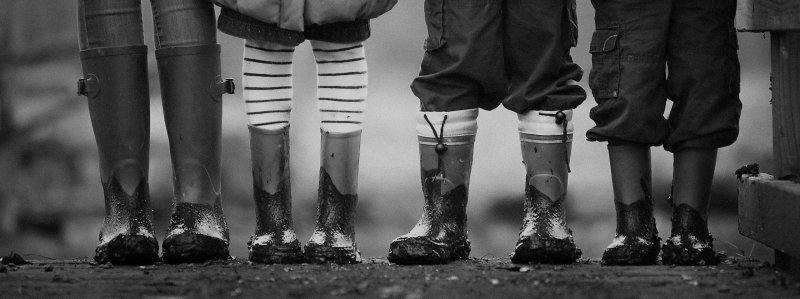Quite a few people this week have asked me about tips for supporting children at times of high emotional stress (e.g. anger, rage or anxiety). For this reason, I thought I would share with you some generic pointers for parents that I use in clinic, but which could apply to most children. These are predominantly drawn from the principles of Dialectical Behaviour Therapy (DBT) and Dyadic Developmental Psychotherapy (DDP), which you may have heard of.
1. When a child is calm, help them to understand that emotions (of any kind) are a bit like waves… they rise, they peak and they fall. They come and they go, but they DO eventually end.
2. When a child (or their parent) notices that they are starting to become distressed (or to ‘fall out of their window of optimum arousal’), they can be supported to try the TIPP approach:
T = TEMPERATURE
Helping a child to change their body temperature (e.g. by splashing the face with cold water or eating or drinking something cold) can help them calm, as the body naturally gets hotter when distressed or aroused.
I = INTENSE EXERCISE
Engaging in intense exercise to match the level of emotional arousal (e.g. star jumps or running) provides a healthy outlet for anxious tension. – Ideally this should be a rhythmic exercise as it is more likely to activate a child’s earliest neural pathways of feeling soothed from when they were rocked as babies.
P = PACED BREATHING
Slow breathing, concentrating on their breath and (importantly) breathing out for longer than they breathe in, helps children to regulate the bodies. This is because longer exhalation naturally slows their heart rate and activates the Parasympathetic Nervous System (PNS), which in turn helps the body to calm.
PAIRED MUSCLE RELAXATION
Supporting a child to tense and then relax parts of their body, supports muscles to release tension. Relaxed muscles require less oxygen, so heart rate and breathing naturally start to slow down.
3. Having a calm box – Supporting a child to develop a pre-prepared box of all their favourite textures, smells, photos, games, sensory toys, etc., can be a lovely way to start to talk about emotions with a child and help them to feel a sense of self-efficacy in managing their own emotions. As time goes on, a child might start to ask for their box before becoming overly distressed.
4. Parental matching of the affect – When a child’s brain is distressed, it regresses to a much earlier developmental form of itself, whereby it does not register language or logic in the same ways. For this reason, a parent needs to ‘match’ the emotional intensity of the child in their non-verbal behaviours (e.g. when a child is shouting: using a loud (but not angry) voice, using BIG physical gestures, maintaining intense eye contact, etc.). The very act of ‘mirroring’ a child to themselves helps them to feel held and contained. The parent can then gradually lower their voice and soften their gestures, which the child will match in turn. I think of this as ’emotional hand holding’.
5. Having a cuddle – Following an emotional outburst, close physical connection instigated by a safe adult, is one of the most soothing and regulatory activities to do with a child to bring them back into a state of optimum arousal. It also enables them to learn that no matter what they have done or said, they are still loved, which is so important for developing a secure and healthy attachment. Once they are physically and emotionally calm, you might then want to talk about the actual behaviour if this needs to be addressed, however, the key is…’Connection before Correction!’!
I hope that you find some of these tools helpful. It is of course important to note, however, that what causes (and maintains) emotional distress in children can vary hugely from child to child. It is also important to note that for some children, what causes and maintains their distress can be very hard to determine. In such cases, parents should feel empowered to seek professional advice regarding a targeted assessment of their children’s specific needs.
Happy surfing everyone…!
Brighton and Hove Psychotherapy is a collective of experienced psychotherapists, psychologists and counsellors working with a range of client groups, including fellow therapists and health professionals. If you would like more information, or an informal discussion please get in touch with us. Online therapy is available.

Leave a Reply